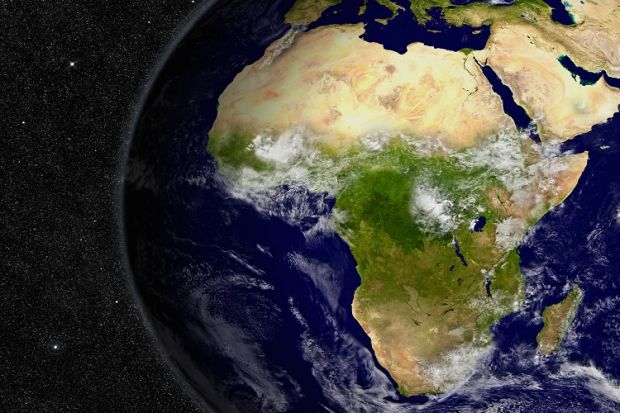Scientists from more than 20 African countries have gathered in Ghana to showcase the progress of a multimillion-pound initiative to train world-leading researchers on the continent.
Academics representing 51 universities attended the Developing Excellence in Leadership, Training and Science (Deltas) Africa annual meeting, a $100 million (£77.4 million) programme launched in 2015.
Since its inception, the programme – which is funded through the Alliance for Accelerating Excellence in Science in Africa (AESA), with support from the Wellcome Trust and the UK’s Department for International Development – has helped to train almost 500 master’s, PhD students and postdoctoral fellows. Additionally, the programme aims to help build research infrastructure to address Africa’s health and research priorities.
Despite being burdened by 25 per cent of the world’s disease, Africa’s global share of health researchers is 0.3 per cent. Female researchers account for only 22 per cent of the continent’s researchers across different scientific disciplines.
As such, Africa’s efforts to improve its public health systems, a prerequisite to creating healthy nations, is limited. With projections suggesting that Africa will have the world’s largest working-age population by 2034, Deltas Africa’s aim is to exploit this by improving research environments and training researchers conducting important studies on infectious diseases, non-communicable diseases, and population and public health challenges, such as vaccine development for malaria and HIV.
“Through Deltas Africa, we are contributing to increasing the population of African health researchers and women scientists and providing the infrastructure needed to do quality research to improve health outcomes and to retain our best young talent on the continent,” said Tom Kariuki, AESA director.
“Healthy nations are wealthy nations. Health research generates the knowledge to improve health systems and provide a productive and healthy workforce that can contribute to socio-economic development,” added Alphonsus Neba, programme manager for Deltas Africa.
Additionally, the meeting provides a forum to discuss intra-African collaboration. None of the continent’s six leading research nations – Algeria, Egypt, Kenya, Nigeria, South Africa and Tunisia – has another African nation as their top collaborator.
“Collaboration is key to optimising our limited resources to solve our common challenges,” Dr Neba added.
Register to continue
Why register?
- Registration is free and only takes a moment
- Once registered, you can read 3 articles a month
- Sign up for our newsletter
Subscribe
Or subscribe for unlimited access to:
- Unlimited access to news, views, insights & reviews
- Digital editions
- Digital access to THE’s university and college rankings analysis
Already registered or a current subscriber?






